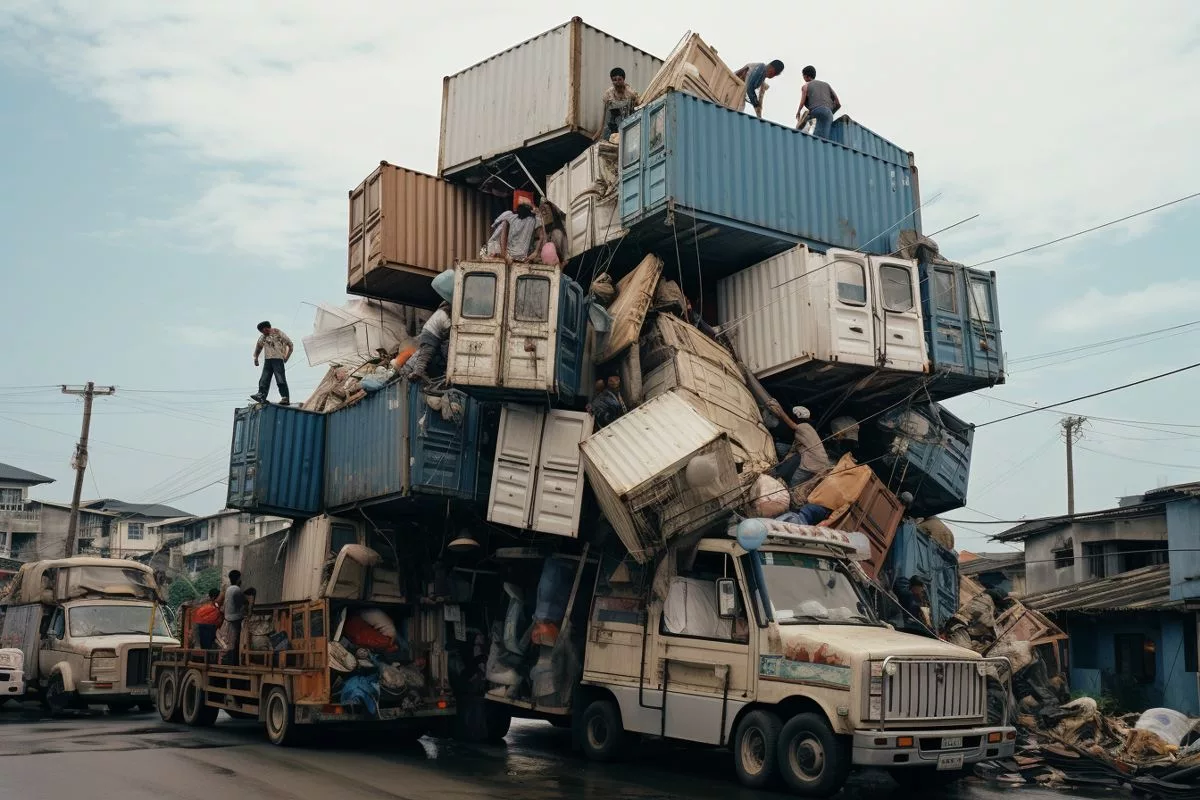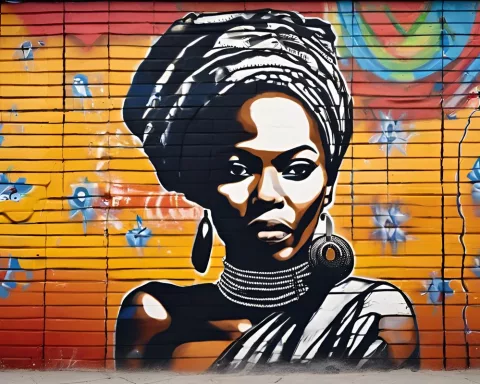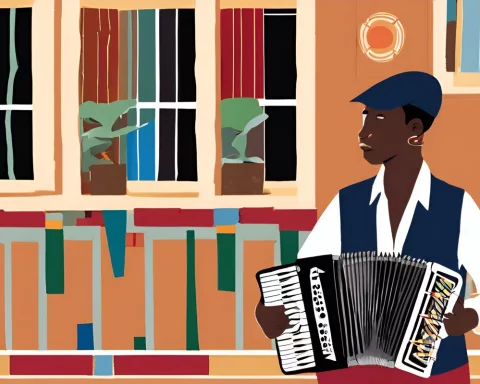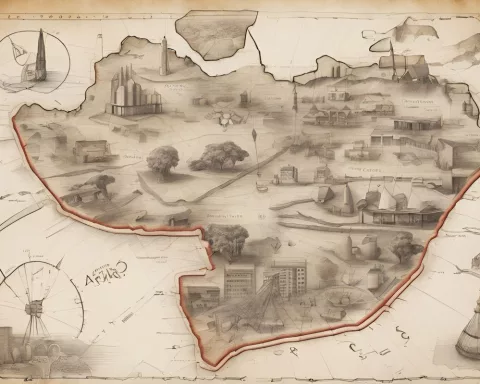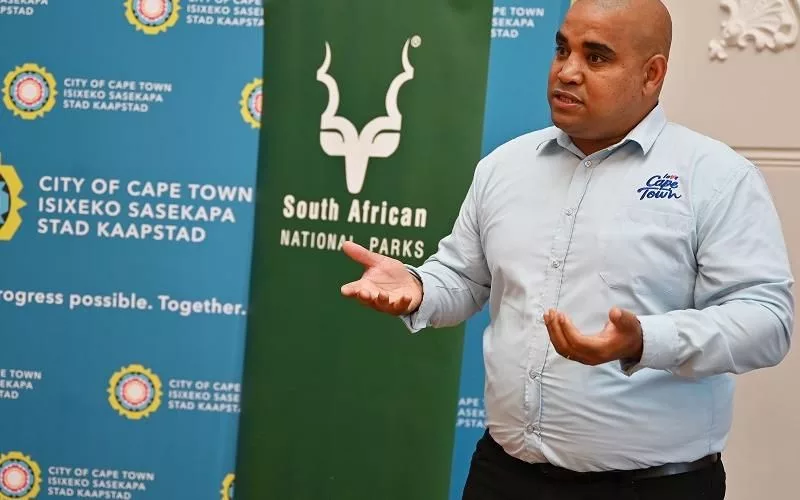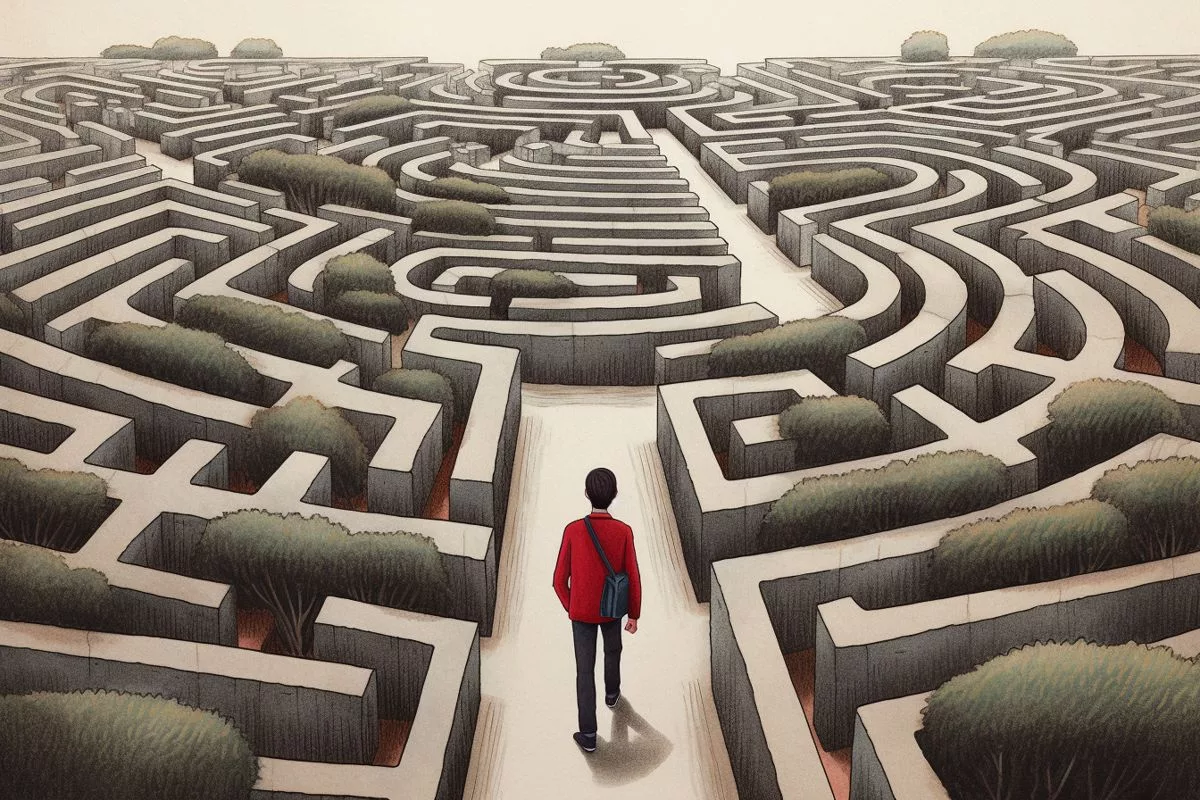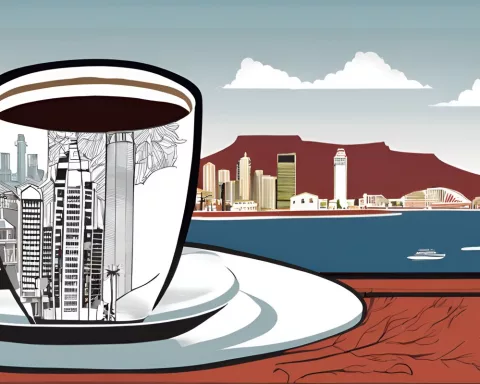Almost 900 families in Philippi and Nyanga, South Africa, are undergoing a significant relocation effort due to their proximity to the railway tracks of the Central Line. The move has faced setbacks and delays, with only ten out of 891 huts moved as of last Thursday afternoon, and families continue to struggle with the absence of basic necessities, such as toilets and running water. The new location is also close to the respected Somagwaza Institute, causing concern over the conflict between tradition and social progression. The future remains uncertain, but families are navigating this transition with tenacity and optimism amid hardship.
What is the Philippi and Nyanga resettlement project?
The Philippi and Nyanga resettlement project is a relocation effort for almost 900 families living near the railway tracks of the Central Line in Philippi and Nyanga, South Africa, to undergo a significant move to land belonging to the Passenger Rail Agency of South Africa (PRASA). The process has been facing setbacks and delays, with only ten out of 891 huts moved as of last Thursday afternoon. Families continue to struggle with the absence of basic necessities, such as toilets and running water.
The Beginning of the Transformation
In the vibrant core of South Africa, a significant and challenging metamorphosis is taking place. Almost 900 families living near the railway tracks of the Central Line in Philippi and Nyanga are experiencing a monumental shift in their lives as they undergo relocation—a complicated and significant operation that recently began. The Malema informal settlement, located in proximity to the Philippi station, underwent the tear-down of its huts, which were subsequently reconstructed about a kilometer away on land belonging to the Passenger Rail Agency of South Africa (PRASA).
This displacement is considered a temporary solution—an immediate relief, perhaps, from the congested living conditions near the railway line. The families who have been moved continue to struggle with the absence of basic necessities, such as toilets and running water. The Central Line, previously buzzing with activity, now only reaches as far as Nyanga due to the occupation of the railway reserve.
Transformation Plans and Delays
The lofty aspirations of transport ministers and PRASA to rectify this circumstance have regularly faced setbacks due to missed timelines. The initial promise made to the hut residents was that the relocation would be completed by the end of 2022. This target subsequently changed to mid-2023 and has now been postponed to the end of this year.
The Philippi families are part of a broader community that decided to occupy PRASA land following the cessation of the Central Line’s operations in 2019. These families, who were previously renting backyards, moved onto the rail reserve as skyrocketing rental prices made their previous living conditions unaffordable.
Current Relocation Challenges
As GroundUp assessed the new location, it was clear to see that huts were being built closely together on concrete platforms, their stark uniformity contrasting sharply against the sandy landscape. The settlement stretches for a kilometer, connected by a single street. The pace of the relocation project has been lethargic, with only ten out of 891 huts having been moved as of last Thursday afternoon.
Zubenathi Apleni, a leader in the community, expressed his anxieties that at this rate, the completion of the relocation process would take months. A number of residents have been employed to aid in the displacement, tasked with tearing down and rebuilding the huts. The move has elicited a range of emotions among the inhabitants, with many expressing dissatisfaction due to the overcrowded living conditions and lack of fundamental amenities at the new site.
Oscar Mpethu, an inhabitant, shared, “We were informed two days ago that we would be moved. This is very short notice. There are no toilets here, no water. We are pleased to move, but we are unhappy with the living conditions.”
The Impact on Locals and Tradition
The new site, located east of the Stock Road station and extending beyond Eskom land, is where the Somagwaza Institute is situated—an establishment respected for the Xhosa ritual of ulwaluko, marking the transition of boys into manhood. The families’ relocation closer to the initiation site has been met with disapproval. Sikelela Zokufa, the institute’s chairperson, expressed his disappointment at the conflict between tradition and social progression, explaining that “ulwaluko forbids the initiates from being near a settlement.”
In addition to the families of Philippi and Nyanga, around 1,250 households residing illegally on PRASA land in Langa are also scheduled for relocation. The land has been earmarked, and an application for rezoning has been filed with the City of Cape Town.
Unfolding Future and Hope
As this unprecedented relocation continues, numerous questions and uncertainties linger. Will the new settlements provide an improved living standard for these families? Will there be a compromise between tradition and development? The future will reveal these answers. In the meantime, the families who have relocated from Philippi and Nyanga are navigating this transition, crafting stories of tenacity and optimism amid hardship.
1. What is the Philippi and Nyanga resettlement project?
The Philippi and Nyanga resettlement project is a relocation effort for almost 900 families living near the railway tracks of the Central Line in Philippi and Nyanga, South Africa, to undergo a significant move to land belonging to the Passenger Rail Agency of South Africa (PRASA).
2. What are the current challenges of the relocation project?
The pace of the relocation project has been lethargic, with only ten out of 891 huts having been moved as of last Thursday afternoon. Families continue to struggle with the absence of basic necessities, such as toilets and running water, at the new location.
3. Why is the relocation causing concern over conflict between tradition and social progression?
The new location is close to the respected Somagwaza Institute, causing concern over the conflict between tradition and social progression. Ulwaluko, a Xhosa ritual marking the transition of boys into manhood, forbids initiates from being near a settlement.
4. When was the Central Line’s operations ceased, and why did families move to the rail reserve?
The Central Line’s operations were ceased in 2019, and following that, families who were previously renting backyards moved onto the rail reserve as skyrocketing rental prices made their previous living conditions unaffordable.
5. What is the future of the families who have been relocated?
The future remains uncertain, but the families who have relocated from Philippi and Nyanga are navigating this transition, crafting stories of tenacity and optimism amid hardship.
6. What is the plan for households residing illegally on PRASA land in Langa?
Around 1,250 households residing illegally on PRASA land in Langa are also scheduled for relocation. The land has been earmarked, and an application for rezoning has been filed with the City of Cape Town.

